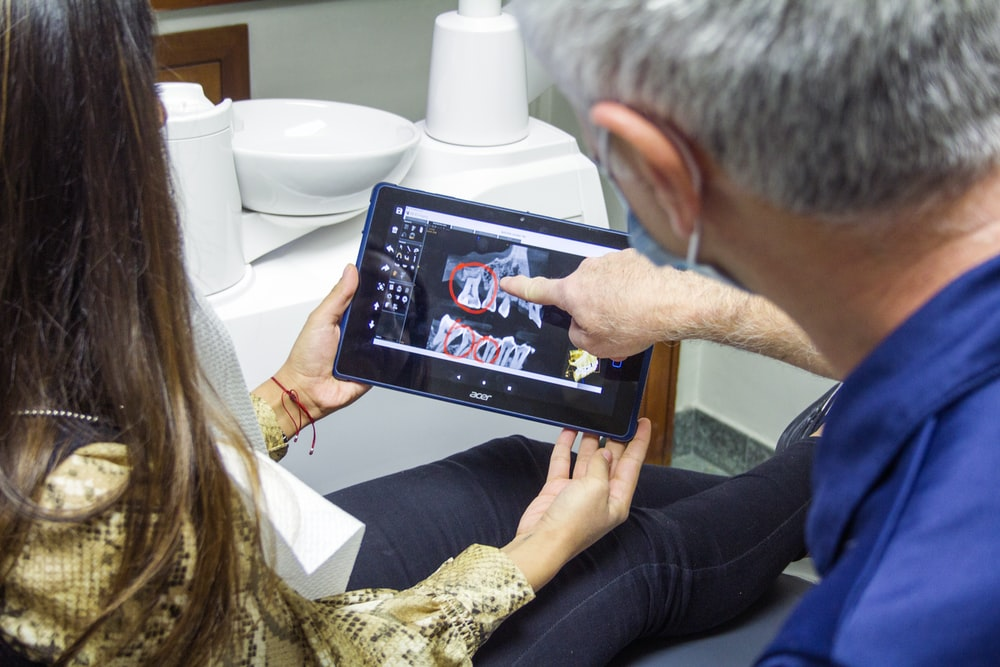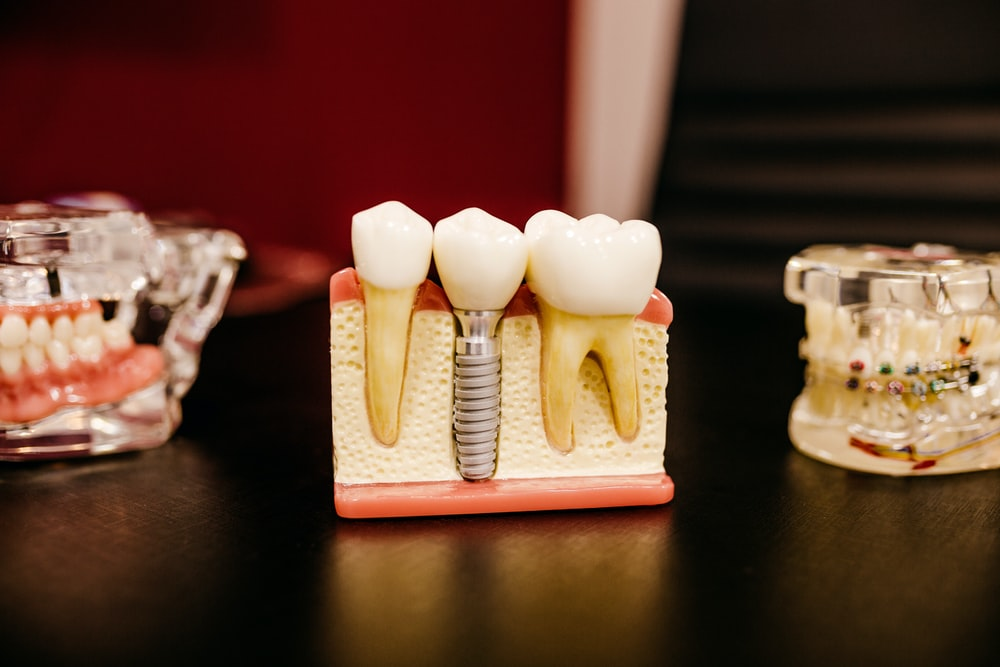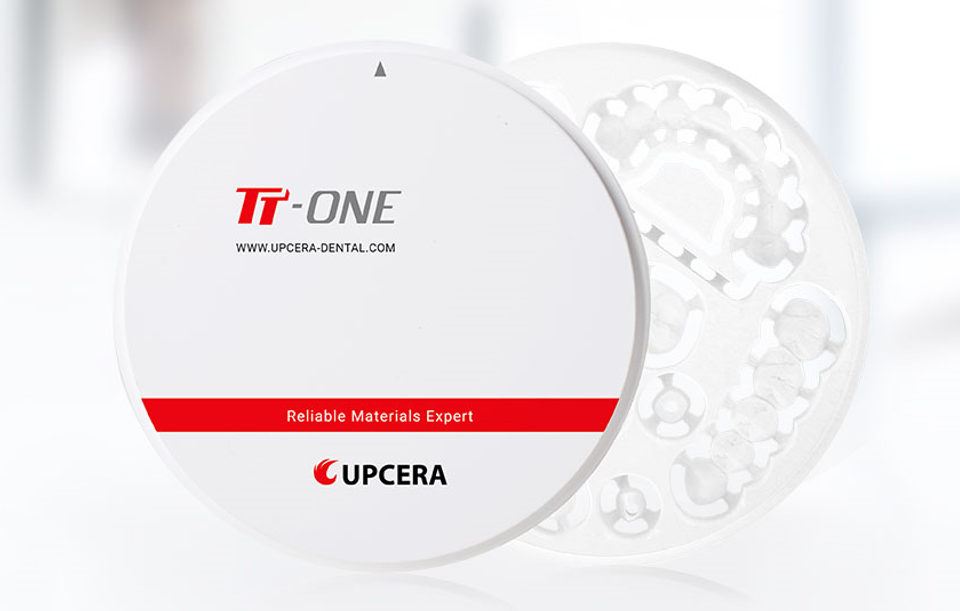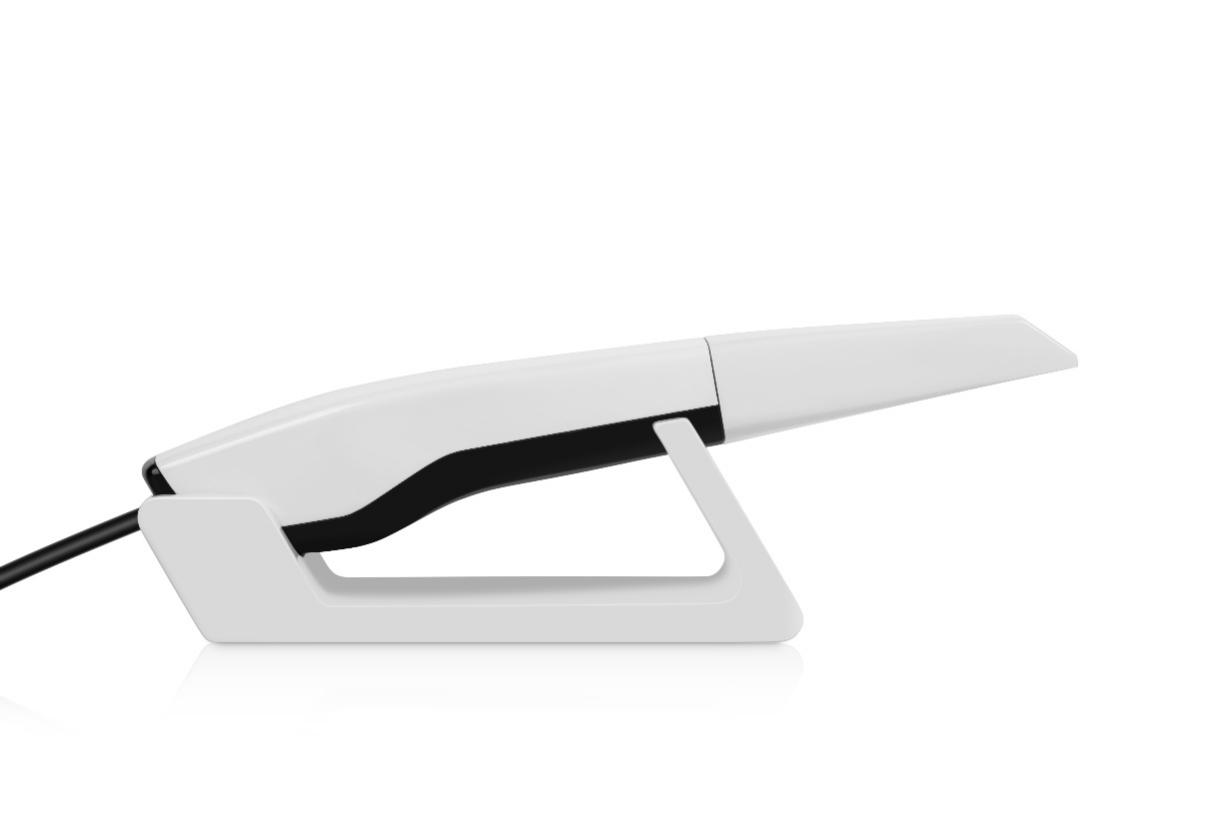The dental implant is one of the most popular alternatives to dentures or bridges, with thousands of people getting this procedure done every year. However, it is not always a smooth ride, and sometimes things can go wrong.
If a dental implant fails, it could cause extensive damage to the surrounding jawbone and gums. This can lead to a multitude of issues that may require surgery or repeated dental visits. So, in this article, we'll discuss why dental implants fail and their signs, as well as how to avoid them with good dental implant material and scanners.

Signs of a Failing Dental Implant
If you recently got a dental implant, or you're considering getting one shortly, here are some things to keep an eye out for that may indicate your implant is failing:
lLoosening - If your implant feels loose or wiggles when you try to move it, you should get into your doctor's office ASAP.
lDifficulty chewing - You struggle to chew normal foods because the pressure on your implant causes pain. This could be a sign that your implant is not seated properly.
lGum inflammation or recession - When gums recede or become inflamed around an implant, it often means there is a problem with the bone structure supporting the implant.
lSwelling of your gums - If you notice swelling around your placed implant, there could be an infection during surgery.
lPain - If you have pain in the area of your implant that does not go away with over-the-counter medications (and does not improve after about 10 days), this may also be a sign of an infection or failure to integrate with the bone.
Reasons for Dental Implants Failure
There are two different kinds of implant failure: early failures and late failures. The first type of failure usually happens within the first three to four months and is caused by technical failures during the placement procedure itself or osseointegration, which means that the bone has not solidly bonded to the implant. The second type of failure happens later on, usually because of health factors or pressure put on an implant. Here are some other common reasons:
1. Allergic: Dental implant crown is usually made of metals that may cause allergies. So, if you have an allergy to the dental implant material, this could cause swelling, redness, and pain at the implant site.
2. Poor impression: If the impression is not perfect and accurate, the implant won't fit properly, which can cause pain and discomfort, as well as possible infection.
3. Bruxism: Bruxism is grinding or clenching your teeth while you sleep, which can wear down your implants over time. This may lead to infection and further damage to your teeth, or it may lead to your implants falling out.

4. Infection: An infected implant could be caused by many things, including poor hygiene, a cracked tooth near the implant site, or even a poor impression that allows for bacteria to get inside the tooth. This will lead to pain and discomfort and may cause your implant to fall out over time.
5. Implant movement: When an implant moves, it will slowly lose its effectiveness until it eventually falls out completely due to a lack of support from surrounding gums or bones.
Solutions to Avoid the Failing Dental Implant
It’s important to know that two common factors can impact the success of your implant. The first factor is how well your oral impression is taken. Each dental crown is made from the impression. So, if there’s an error in the impression, it will be reflected in the whole crown. That’s why you should use a state-of-the-art scanner that provides a precise digital replica of your teeth and gums.
Another factor to consider when choosing a dental implant is what material is used to make the crown. The metal used as dental implant material can cause allergic reactions or discoloration around the gums, and they can also break down over time as bacteria build up underneath them. An all-ceramic crown doesn’t have any of these issues, so it’s the most efficient dental implant material.
Benefits of Using Upcera Products for Dental Implants
If you’re looking for the best dental implant materials and tools to support long-lasting implants that won’t fail and require replacement, consider Upcera TT-ONE zirconia material for all-ceramic crowns and Upcera’s P2 scanner for an accurate impression.
Upcera TT-ONE is a new generation of zirconia material. It’s translucent at 47% and extremely strong at 1000 MPA. It is entirely biocompatible with human tissue, and you can use this dental implant material to create all kinds of dental implants. It’s available in white discs and made with 4Y-PSZ powder that can be milled using a dental milling machine.

Upcera's P2 3D intraoral scanner is a great choice for making a fast, accurate impression of your teeth and gums. It's got an overall size of 216×40×36 mm and weighs only 246 g, making it easy and ergonomic to use in your mouth - not to mention its USB 3.0 connectivity makes it simple to hook up to your computer for data transfer!

Conclusion
Upcera provides the most comprehensive global dental ceramics manufacturing solution to the dental industry. We are dedicated to offering a wide range of innovative products and solutions to help meet the increasing demands for high-quality dental ceramics worldwide. Whether you require a high-grade dental implant ceramic at the lowest cost or a specific-grade dental implant material with specific properties and handling needs, we’ve got you covered.
